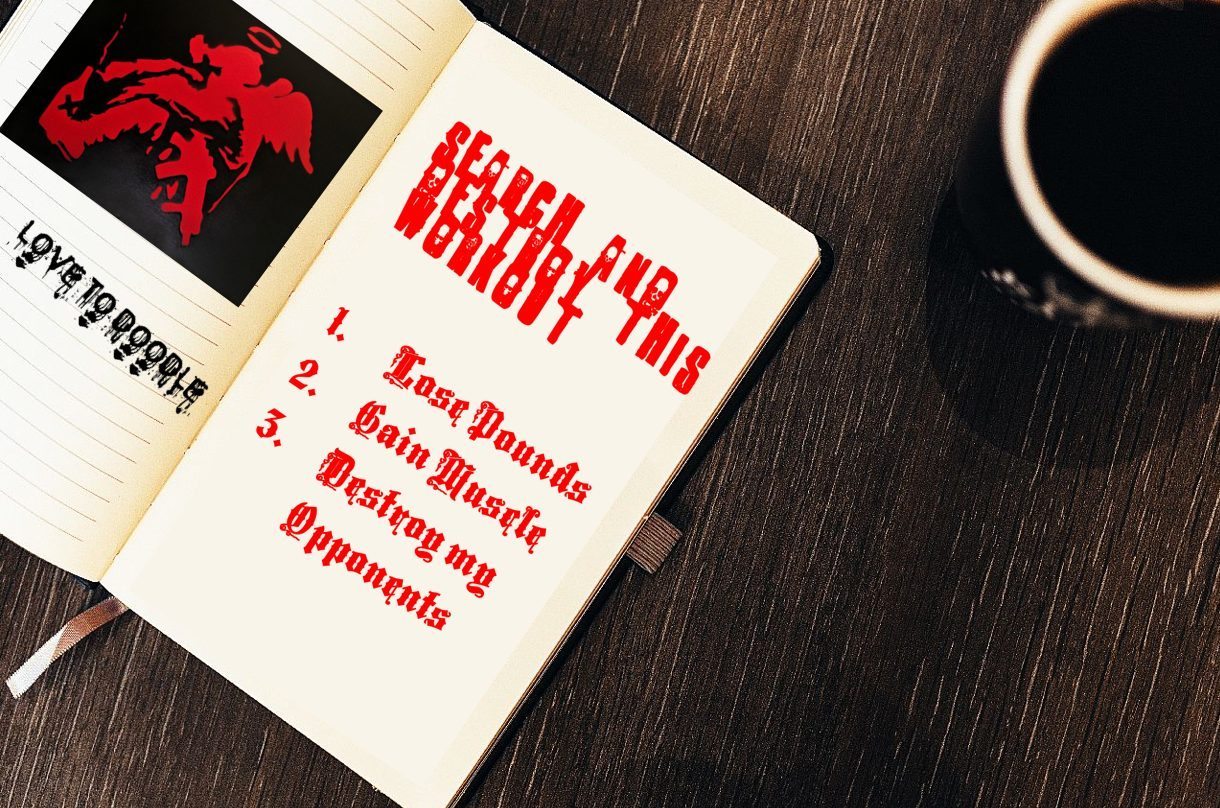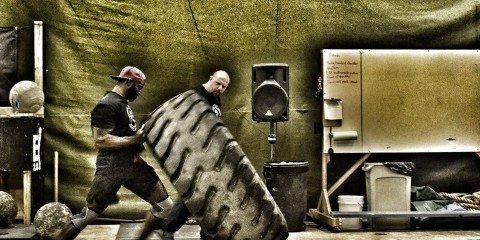Exercise to stimulate, not to annihilate. The world wasn’t formed in a day, and neither were we. Set small goals and build upon them.~Lee Haney
Great writers and thinkers did this long before him, by keeping journals to list their intellectual goals, and writing within them various things they wished to accomplish. Names such as Sir Ernest Henry Shackleton, Winston Churchill, Ralph Waldo Emerson, Thomas Jefferson, and also the great Benjamin Franklin.
The writer F. Scott Fitzgerald creates the character Jay Gatsby in his book called, The Great Gatsby. In Fitzgerald’s book, Gatsby is the self-made man who takes himself out of nothing and becomes a mysterious, wealthy somebody. Gatsby likely copies from Franklin’s Autobiography or 13 virtues. Gatsby creates similar rigorous daily schedules for himself and moral resolutions, as did Franklin, in order to become someone wealthy, influential and respected.
[Mr. Gatz, Gatsby’s father] returned the wallet and pulled from his pocket a ragged old copy of a book called HOPALONG CASSIDY.
“Look here, this is a book he had when he was a boy. It just shows you.”
He opened it at the back cover and turned it around for me to see. On the last fly-leaf was printed the word SCHEDULE, and the date September 12, 1906. and underneath:
Rise from bed . . . . . . . . . . . . . . . . . . . . . . . 6.00 A.M.
Dumbbell exercise and wall-scaling . . . . . . . . 6.15 – 6.30 ”
Study electricity, etc . . . . . . . . . . . . . . . . . . . 7.15-8.15 ”
Work . . . . . . . . . . . . . . . . . . . . . . . . . . . . . . 8.30-4.30 P.M.
Baseball and sports . . . . . . . . . . . . . . . . . . . . 4.30-5.00 ”
Practice elocution, poise and how to attain it. . 5.00-6.00 ”
Study needed inventions . . . . . . . . . . . . . . . . 7.00-9.00 ”
GENERAL RESOLVES
No wasting time at Shafters or [a name, indecipherable]
No more smokeing or chewing
Bath every other day
Read one improving book or magazine per week
Save $5.00 {crossed out} $3.00 per week
Be better to parents (173)
It’s clear that some of the most successful men have kept journals. Journals will help you perform better because it helps you more clearly define your goal.
Just like Jay Gatsby we need to have a routine to follow; rise from bed, dumbbell exercise…
- WRITE DOWN GOAL: On the first page of the journal mark down your goal (gain 15 lbs, lose 10 lbs, bench press 300 etc.) Put down whatever it is you want to achieve.
- MARK THE DAY AND DATE: The first thing I did with a new notebook was to label every page with a calendar day and date. I did this so I could keep myself accountable. I found that if I wrote the WODs down 30 days in advance that I would be more likely to follow my program. Also, being able to see the workout days in advance, I was able to visualize the night before what I wanted to accomplish the next morning. When I awoke and looked at the WOD I would mentally prepare by visualizing the workout and I got motivated to complete it.
- ACTIVITY: When you begin your workouts list down the time, the type(s) of activity, the intensity and the duration. Keeping time is important to figure out your PR’s. Personal records are great because you are able to look back at what you did and figure out what worked and what didn’t. How did you get there? What did you do on that particular day? Did you rest more, eat less?
- EQUIPMENT: Writing down the equipment you use will prevent you from drifting aimlessly through the gym. Knowing that M,W,F requires dumb bells a@45 lbs is better than wondering what weight you should be doing to fill the time.
- FEELINGS: I often wrote down how I felt because it allowed me to understand what motivated me or what deflated me. I hated getting on the spin bikes. I found if I simply avoided doing spinning I was more productive in the gym. But it took writing it down for me to figure out why I disliked doing it.
- BODY ASSESSMENT: I weighed myself on a scale weekly to make sure I was gaining the weight to meet my goal. This is a motivator. On the first page write down how much you weigh and by the time the journal is finished you may be surprised.
- FOOD JOURNAL: Some people like to enter their food intake. I don’t particularly like to do this. Too detailed for me. You might do it and find that it works for you. Enter in you calories for the day, the kind of food you ate, and break it down into carbs, fat and protein intake if you believe that is helpful. Water intake could be entered as well.
Some people get very detailed with their journals. I keep two journals. One of my journals has my fitness program in it and I know what to do when I read it. I write down my weight, my workout, and detail it down to reps, sets, and even put in the time I started and stopped. The second journal is for writing down my thoughts on paper. It isn’t very detailed but it works for me. I can go back and easily recall why I had distractions, what was the cause of my decline in performance, what were my emotions at the time, and where I was located when I exercised. All of this helps me refine my workouts so I can optimize my time or whatever I need to do.
My detailed journal keeps track of my workouts, my second journal was more like a diary. I can reflect upon it and mentally work out where my successes and failures were. I could then tailor my program to reflect where I was physically. Sometimes I overshot and had to re-tool the program to be more realistic for me.
A journal will help you stay accountable, it helps with monitoring your progress and let’s you reflect on what you accomplished and what you will need to accomplish to achieve your goal. It will help you be honest with yourself because the facts don’t lie. No one is going to read the scribbling except for you so make sure you’re stating the facts. It will pay off in the end. DONT MAKE EXCUSES.




